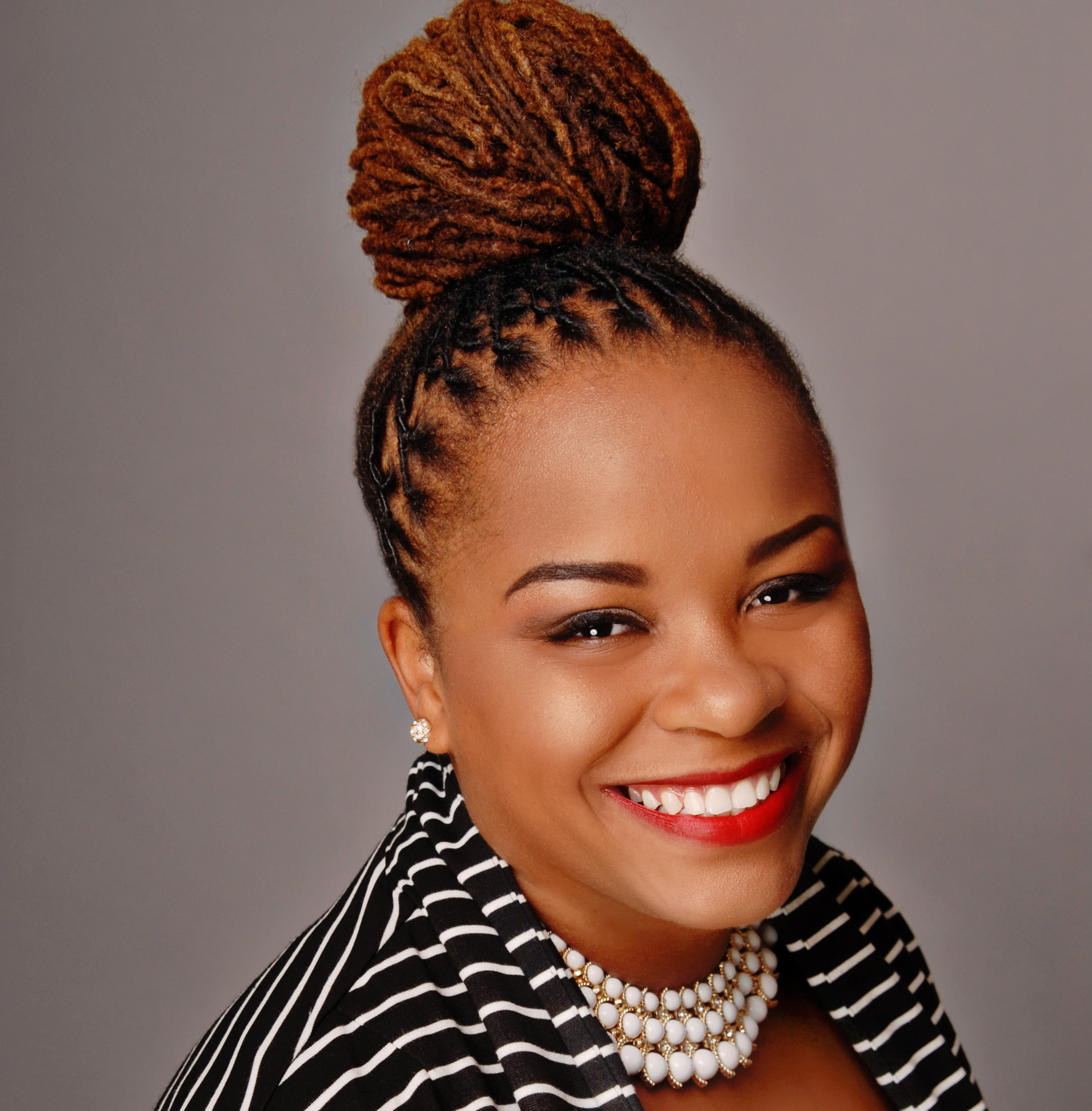
ALICE COACHMAN
First African American Woman Olympic Gold Medalist, USA Track + Field and the United States Olympic Hall of Famer
Tuskegee University and Albany State University Alumna
STORYTELLER OF THE YEAR AWARDEE, 2014
Then-Albany State College student Alice Coachman leapt her way into history when she became the first black American woman to win an Olympic gold medal during the 1948 London Games.
As one of ten children born to sharecroppers in Albany, Georgia in 1923, Coachman’s distinction is the unlikely story of the single greatest HBCU athlete of her time, and arguably since. Barred from using segregated athletic fields, she ran and jumped barefoot as a girl and used ropes and sticks as makeshift high jumps, but thought there was little prospect of a career in athletics. Even so, Coachman had already exhibited glimpses of her future athletic prowess, by the time she entered the Tuskegee’s high school program at 16 years old. Soon after, she clinched the 1939 Amateur Athletic Union (AAU)’s national championship in the high jump, a feat she accomplished every subsequent year until her retirement in 1948. As if that alone were not enough, Coachman amassed twenty-three national titles, including high jump, the 50-metre dash and the 100-metre dash, was a member of the three-time championship women’s basketball team, and was the only Black American on each of the five All-American teams to which she was named—all before graduating from the Tuskegee Institute in 1946. Despite ending her athletic career at just 24 years old, Coachman was inducted to the USA Track and Field Hall of fame in 1975 and the United States Olympic Hall of Fame in 2004. Having paved the way for female African American Olympic track stars like Tennessee State University Tigerbelle Wilma Rudolph, Evelyn Ashford, Florence Griffith Joyner and Jackie Joyner-Kersee, Coachman died on July 14, 2014. “I made a difference among the blacks, being one of the leaders,” she told The New York Times in 1996. “If I had gone to the Games and failed, there wouldn’t be anyone to follow in my footsteps. It encouraged the rest of the women to work harder and fight harder.”











